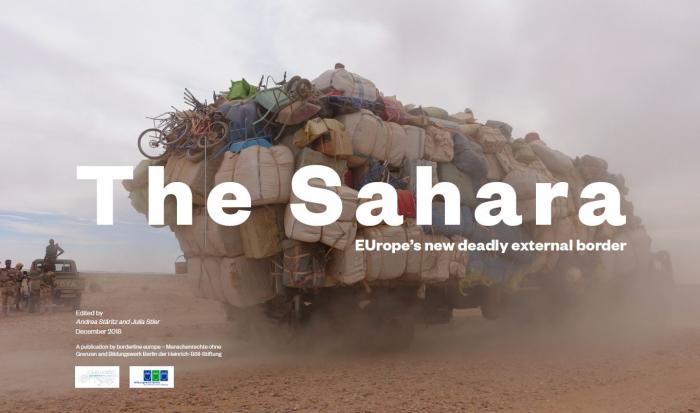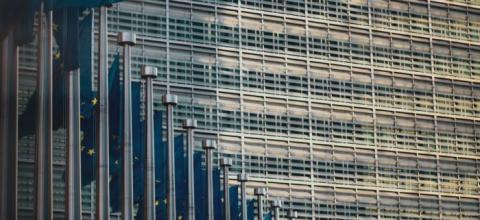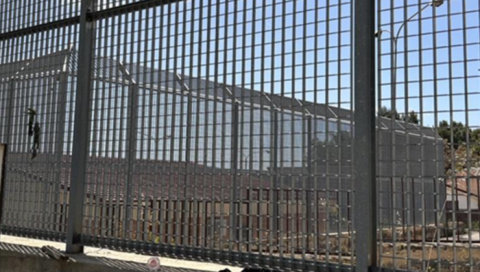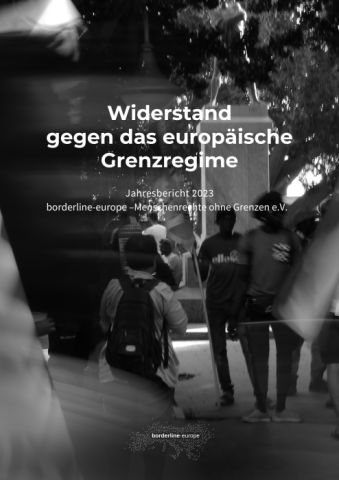
Die Sahara - EUropas neue tödliche Außengrenze
Today Agadez in Niger is considered the virtual externalised border of the European Union. European financial aid, technical devices, military check points and drone surveillance in the desert are the main pillars of an externalised EU border. In preparation of the 2005 EU enlargement, asylum law was harmonised, and Frontex was founded as a European border control agency. The Rabat Process (2006) and the Khartoum Process (2014) gave birth to the new virtual EU borders in North Africa and the Sahara. Third countries became Europe’s door keepers and the border control was externalised. To counter the underreported death toll in the Sahara in consequence of the externalised EU borders, borderline-europe is networking with other activists in Europe and Africa. This documentation aims to inform about current developments and human rights violations along Europe´s externalised border in North African states. It is based on workshops and conferences over the course of the years 2017 and 2018 that were organised in cooperation with Bildungswerk Berlin of Heinrich-Böll-Stiftung.
Sprache(n): Englisch / English Herausgeber: borderline-europe and Bildungswerk Berlin der Heinrich-Böll-Stiftung



